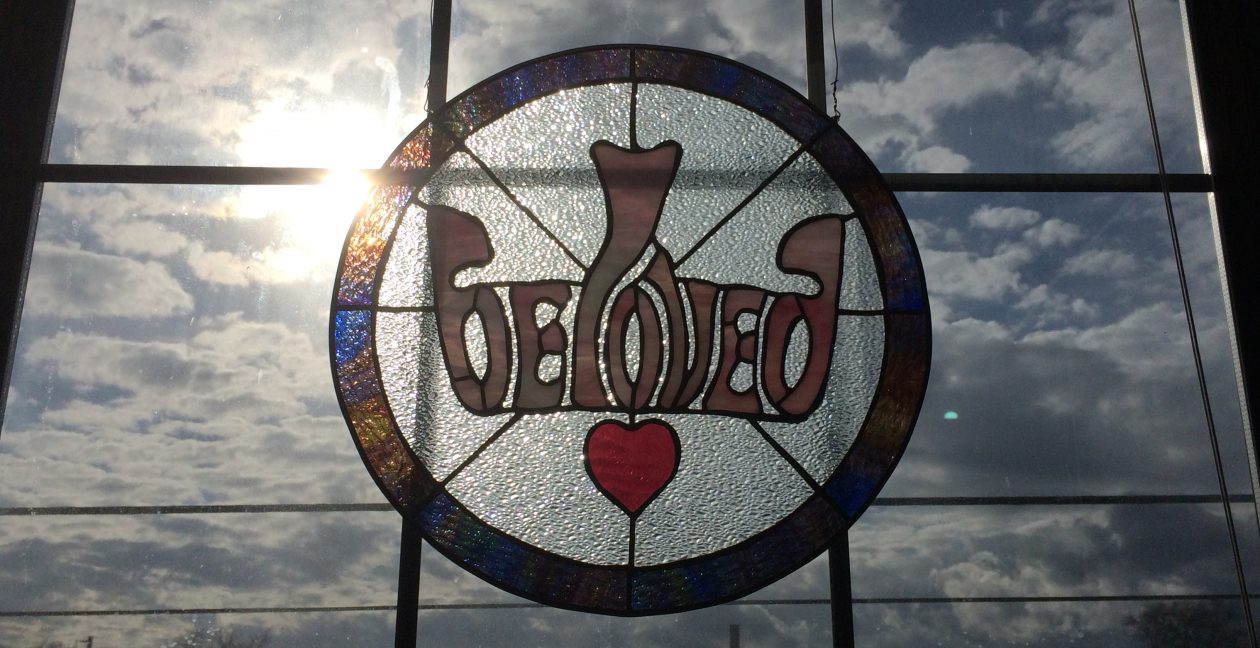
Trust.
That is my theme for the year. It is barely the end of the third month and my knuckles are white and exhausted from holding on.
Who knew a person could learn so much about a word in 3 months. What “trust” meant to me on January 1 is so very different from what it means to me now. So little time, so much change.
I have had several HUGE life events going on at once. With each one, my gut has been screaming loudly at me about what choices I should make. But, I didn’t want to listen. I wanted to try to ignore my gut, my heart, and control the situations with my head. There were choices that were easier in a lot of ways. There were choices that seemed “nicer.” I could help someone else, possibly help us at the same time (if all worked out, even though it didn’t seem like things would work out at all), and I wouldn’t have to step out of my comfort zone. I really like when I don’t have to step out of my comfort zone.
I kept thinking, and had other people remind me, that “trust” was my theme for 2014. I kept hoping that meant that I could passively let it all happen to me. to us. to my life. And we would all win.
My gut kept telling me I was being a fool, and as gastrointestinal issues tend to do, my gut won out.
In one issue, the most important issue, I finally had to face that what was romantic and beautiful on paper, would equal disaster to the person most impacted by this decision, and everyone else involved. No matter how much I wanted one thing, that very thing would be the worst case scenario. And so many people would lose. But, the reality is that people have already lost. The person that has suffered the most loss, is the person I am most responsible for. And no matter how much we all wanted this to work, it wouldn’t. Not because anyone was unworthy or didn’t want it to work. Not because I didn’t want it to work. It just couldn’t. And giving that bleak situation the most hope involves really difficult, awful decisions that make so many people unhappy. But, happiness isn’t my business. I can’t make this romantic or beautiful. I just have to offer the most hope to the one I am responsible for.
In another issue, I wanted to help a friend. I would benefit too, but she would benefit most. She would get out of a less than ideal situation and have something she very much wanted. I turned away a stable choice to choose her. Then, when down to the wire, she could not come through on her end. Not because she didn’t want to, or because she is somehow less than. Simply because circumstances came together all wrong. And we were left scrambling. The realization that I had chosen trying to offer this person her best shot at the expense of my family’s stability was an unpleasant moment. As a friend said,”I didn’t have to sacrifice nice to choose wisely”, but somehow, that is what I have been doing for far too long.
Does anyone remember the van I sold to a “friend” who never paid me and never looked back?
I kept trying to trust in others to do the right thing, or to make things work out for all of us. But, what I missed, is that the answer was inside me all along. Literally, physically shaking me.
Trust.
Finally, I see, this isn’t a passive act. I have been blessed with a gift, the most amazing gift. My intuition has shouted at me, roared at me, and I have ignored. I have hoped for the best, for the easy, for the safe. I have doubted my own ability to deliver the bad news, the hard news, the RIGHT news.
Trust is not a passive act. It is a balls to the wall, full throttle, contact sport.
I have been gifted intuition. I have been gifted the ability to call out to God/Goddess/Universe/Inner Self, and then sit in stillness, and listen….feel….notice…RESPOND.
And then, I have to trust in that message that comes through and my ability to transfer it. Who am I to decide that the message isn’t desirable. Perhaps the news I perceive as “bad” is the best thing that ever happened to the person receiving it. Perhaps it is the kick in the pants they need, or what saves their family (or our family) from going under, or what would have prevented them from the best opportunity of their lives.
I don’t know. And it isn’t my job to know. My job is to offer up honest questions and earnest pleas for direction. and then to listen. And to trust that my gut and my heart are receiving a message that is true. and above all, that I have the strength to follow through on what I then know to be right, no matter how hard it seems.
Trust isn’t about sitting back and waiting for everyone to be happy. Trust might not make anyone happy at all, and it is surely not going to be easy. But, it is about doing what is right.
That is what I have learned in the first 3 months of my year of “trust.” I have to admit I am terrified of the next 9 months and wondering what I will learn by December. But I am trusting that at the end, even if my knuckles are cracked and bleeding, that I will have finally learned to let go, to breathe, that whatever is meant to be will simply be. And that I will have listened. That it will have been right. And that I can truly, finally TRUST.






